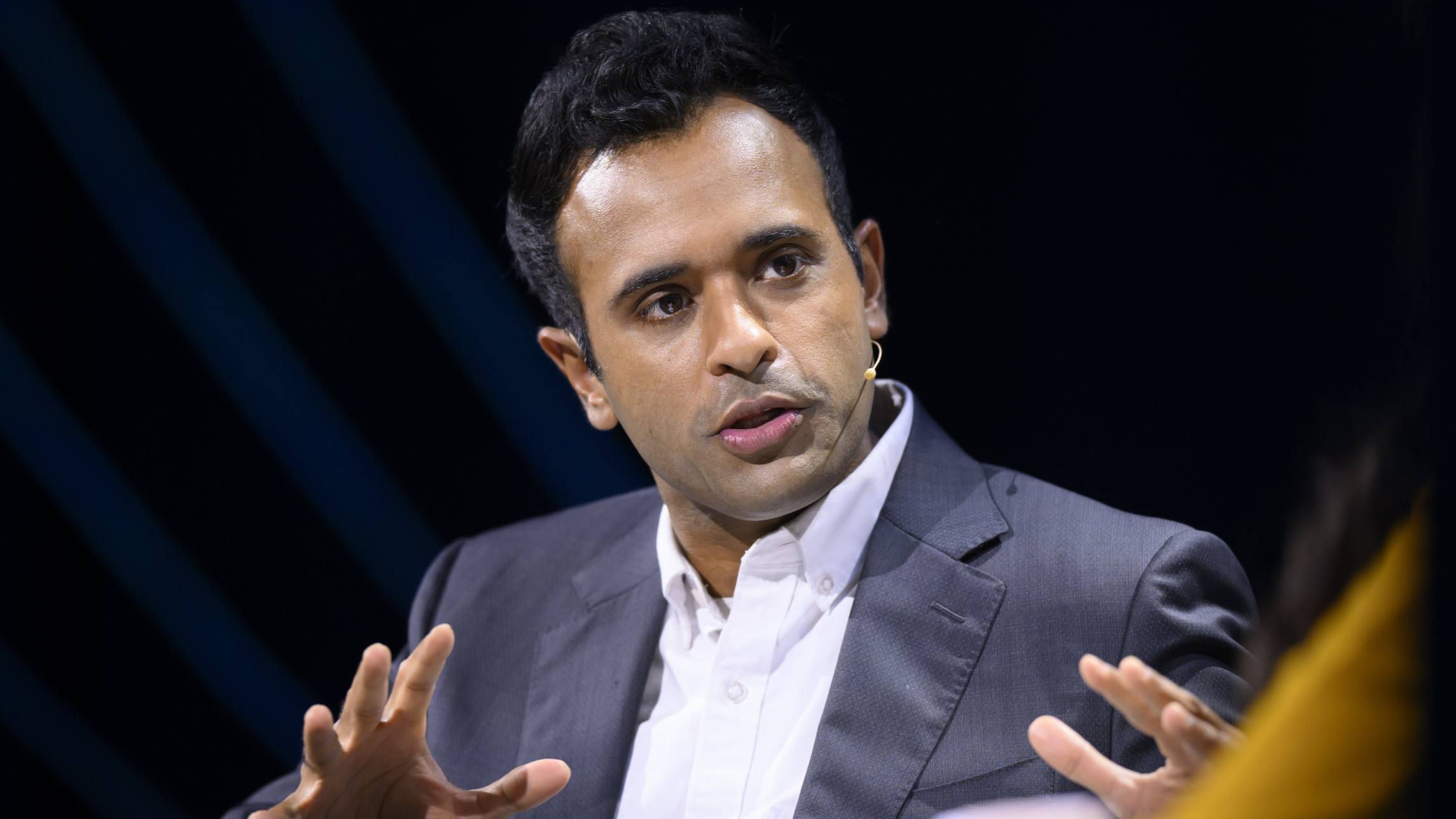Texas anti-ESG law endangers financial stability, says Raskin
New laws in Texas and other US states that punish financial firms for “boycotting” oil and gas endanger global financial stability by encouraging risky loans to energy firms, former deputy Treasury secretary Sarah Bloom Raskin has said.
Large banks including JPMorgan Chase, Wells Fargo, NatWest and Goldman Sachs will feel obliged to continue lending to energy companies at current levels even if there are good risk management reasons to cut back, said Raskin, who has also served as a US Federal Reserve governor. Her nomination to return to the Fed to head banking supervision was blocked by Republicans earlier this year.
Raskin, now at Duke University, is concerned because the banks cited their lending to energy companies as proof they are not hostile to fossil fuel in official letters to the state of Texas earlier this year. The Texas comptroller Glenn Hegar then left them off the official list of financial institutions that the state has earmarked for divestment. BlackRock and nine European asset managers and banks were not so lucky.

Michael Barr, who replaced Raskin as Joe Biden’s pick to lead supervisory matters at the Fed, said in his first public remarks since assuming that role that the central bank’s “mandate in this area is important, but narrow, focused on our supervisory responsibilities and our role in promoting a safe and stable financial system”.
For Raskin, the Fed’s congressionally mandated focus on achieving price stability and a healthy labour market does limit its ability to deal head-on with an issue like climate-related risks. But over time, the central bank will need to push further in that direction, she said.
“When it comes to these state laws, the federal regulators are not particularly well-disposed in evaluating them beyond something to comply with. It would be more effective to see a full-throated recognition of the essence of these laws, but the federal regulators tend to look for cover when it comes to issues that they perceive as political,” she said.
One area Raskin said the Fed should focus on is retooling its models as it relates not only to climate considerations, but also to broader shifts in the foundations of the economy owing to the pandemic.
This story originally appeared on: Financial Times - Author:Brooke Masters

























